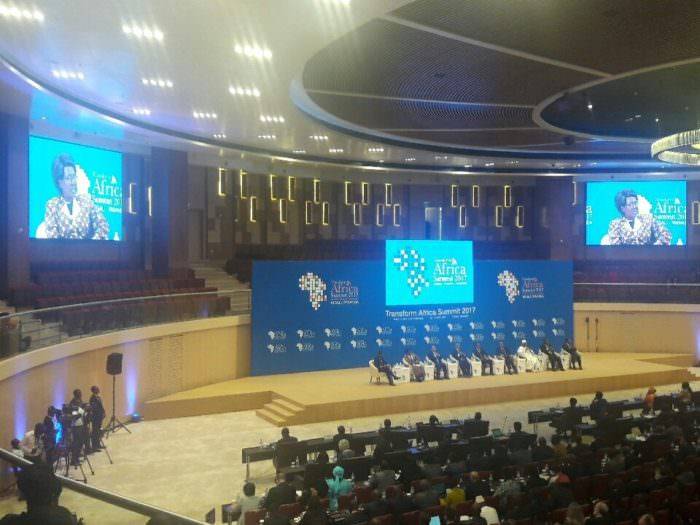When you think about global leaders Information and Communication Technologies (ICT) manufacturing, a few regions come to mind. China, Europe, and the United States are certainly among them. But, government leaders from South Africa want to add a new region to the global conversation: Africa.
South African Telecommunications and Postal Services Minister Dr Siyabonga Cwele recently attended a Smart Africa Alliance board meeting Kigali, Rwanda. This meeting, which was part of the Transform Africa Summit is part of a larger effort to bring African nations forward technologically.
“The Smart Africa Alliance will help African countries to digitise the continent and use ICTs to quickly catch up and be competitive with developed nations. The South Africa Government has decided that we should join the Smart Africa Alliance to contribute in the growth and integration of the continent,” said Minister Cwele in a statement on Friday.
Minister Cwele’s is one of the first South African leaders to speak to the alliance since its Cabinet’s approval of South Africa’s joining the Smart Africa Alliance. The alliance, which is made up of several African governments, has the goal of developing solutions through technology that target the needs of Africa.
Smart cities, smart strategy for growth
Part of the plan behind the Transform Africa Summit is the establishment of a Smart Cities master plan which is a blueprint for the development of smart cities throughout Africa. Smart cities, which are already in planning and development stages throughout the modern world, take advantage of emerging technologies including the Internet of Things (IoT) as part of their core infrastructure.
Virtually every aspect of city management can be improved on through the use of smart sensors which collect and transmit information to central management systems. Cities can use these technologies to reduce traffic congestion, improve crime response times, and facilitate a better living condition for its citizenry.
These smart technologies require a great deal of planning, funding, and manpower to set up. This means not only the potential for skilled employment in the region, but for opportunities for economic growth.
Minister Cwele believes that by manufacturing the devices and gadgets required to bring Africa to the next stage, it will be able to do so with less financial overhead. These manufacturing facilities also pave the way for continued economic growth as South Africa and its neighboring countries look toward the future.

















